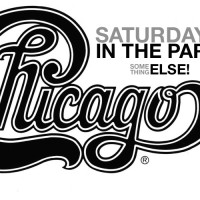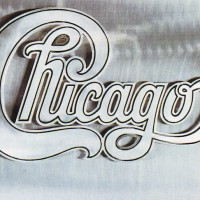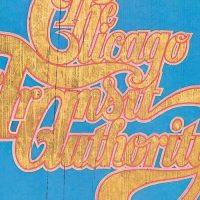Of all Chicago’s early records, Chicago II is the one that aligns best with the interests and ideals of the counterculture of the late 1960s. Recorded in 1969 and released in January 1970, II includes songs celebrating sex, drugs, rock and roll, and nature along with nearly one whole album side’s worth of railing against the establishment – all favorite pastimes of the young during those days.
Reflecting and philosophizing were also a trademark of that generation, so it’s appropriate the album ends with a song that asks relevant and poignant question …
“Where do we go from here?”
This gentle, hymn-like piece was inspired by Walter Cronkite’s commentary during the 1969 moon landing, and marks the first Peter Cetera composition to be recorded by Chicago. Peter looks back at the turmoil of the last several years, while urging his peers to “get together soon, before it is too late. … If you do, I’m sure you’ll see the end is not yet near.”
He’s accompanied by the basic rock quartet of guitar, bass, piano, and drums, with the horns sitting out completely. Maybe Chicago wanted listeners to focus on the words rather than horn pyrotechnics displayed on the first three sides.
Cetera, as I will point out many times during this series, is an exceptional melody writer. Unlike his bandmates Robert Lamm and James Pankow, who had college-level training in music theory and composition, Cetera learned his craft playing in local bands and listening to the Beatles and the Beach Boys.
A Peter Cetera melody rises and falls, is packed with hooks, and often makes use of unexpected chord changes. Like another high-voiced good-looking bassist with prominent eyes, a Catholic upbringing, a tendency to get on his bandmate’s nerves, and the middle name Paul, he knew how to catch the ear with a good tune.
Where did the country go from here? Well, that’s outside the sphere of Saturdays in the Park, but suffice it to say things began to change rapidly after the ’60s were over. Where did Chicago go from here? On to become one of the best-selling acts of the ’70s and ’80s, taking their share of critical lumps while ending up in almost everyone’s record collection.
And finally, where do we, the Saturday in the Park reviewers, go from here? On to another double album full of guitar solos, suites, great horn playing, and socially relevant lyrics. Let’s run Chicago III up the flagpole and see who salutes!




